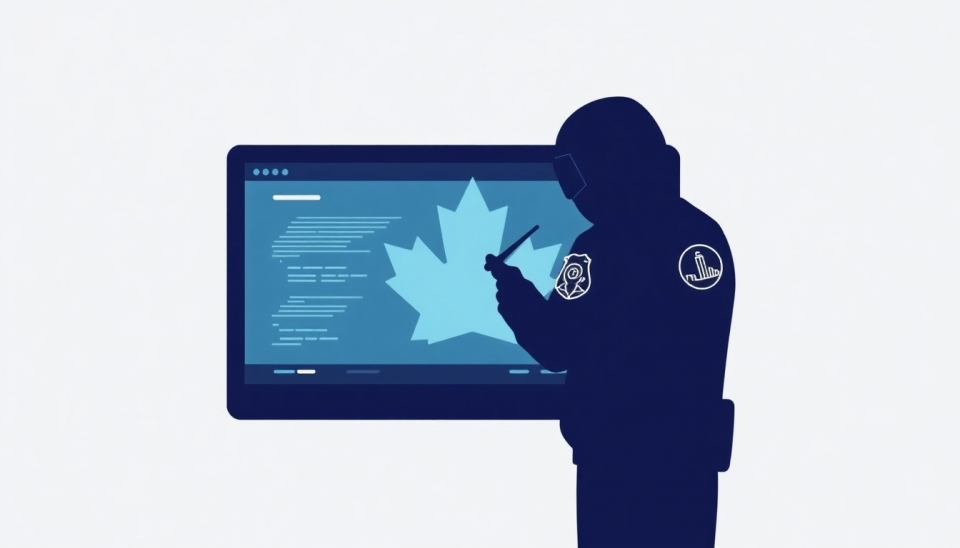
A recent exposé has unveiled troubling connections between a controversial spyware tool known as Paragon and a Canadian police oversight agency. This revelation has sparked intense discussions about privacy rights, governmental oversight, and the ethical implications of using such technologies in law enforcement.
The findings were disclosed in a report by a prominent Canadian newspaper, which detailed how Paragon, a powerful surveillance software, was found to have been used by the Civilian Review and Complaints Commission for the Royal Canadian Mounted Police (RCMP). The RCMP is Canada's federal and national law enforcement agency, and this connection raises significant concerns about the use of surveillance technology by agencies meant to oversee policing practices.
Paragon is designed to enable extensive data collection, tracking, and monitoring without the consent of the individuals being observed. Critics of the software argue that its deployment can lead to serious violations of civil liberties, particularly if used by government agencies without adequate oversight and transparency. Civil rights advocates have called the use of such spyware an alarming shift towards greater surveillance that could potentially undermine the democratic rights of Canadians.
This disclosure has led to immediate calls for further investigation into the oversight commission's usage of the spyware. Privacy advocates argue that in a democracy, government agencies should not have the ability to conduct surveillance on citizens without strict regulations and justifications. They assert that such tools should be reserved for serious criminal investigations and necessitate a higher threshold of accountability.
In response to the growing scrutiny, the commission has stated that it only employs technology that adheres to legal standards and cites ongoing efforts to balance investigative needs with privacy protections. However, the mere association with Paragon has raised questions about whether adequate checks and balances are in place to prevent misuse of surveillance technologies.
The implications of this situation extend beyond the boundaries of Canada; as many nations grapple with the balance between security and privacy, the dialogues ignited by this incident will likely influence discussions about the ethical ramifications of surveillance tools around the world.
As the situation unfolds, many are left wondering what steps will be taken to ensure that such powerful technological tools are used responsibly and within the bounds of the law. The ongoing debates around Paragon not only highlight concerns regarding police oversight but also serve as a critical reminder of the need for robust protections for individual privacy in an increasingly monitored world.
Public sentiment is divided. While some acknowledge the potential benefits of such surveillance technologies in combating crime, many others view it as an encroachment on civil liberties. The outcome of this scenario is poised to set precedents for how similar cases are handled in the future and could result in significant changes to policies governing surveillance practices in Canada and beyond.
As citizens become more aware of the integral relationship between law enforcement and surveillance technology, the outcomes of such investigations could potentially shape the legal landscape surrounding privacy and technology for years to come.
In conclusion, the link between Paragon spyware and the Canadian police watchdog poses vital questions about the balance of power, accountability, and civil liberties in modern society. Stakeholders on all sides are watching closely as this story continues to develop.
#ParagonSpyware #CanadianPolice #PrivacyRights #CivilLiberties #SurveillanceEthics
Author: Liam Carter
